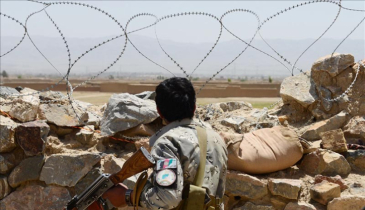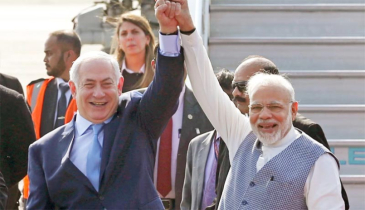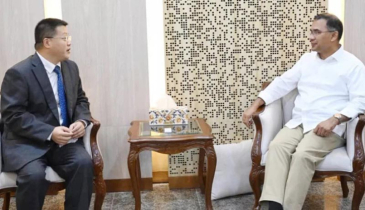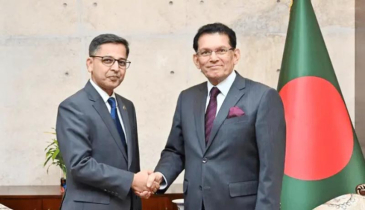We can't bear Rohingya burden alone: Bangladesh to UN
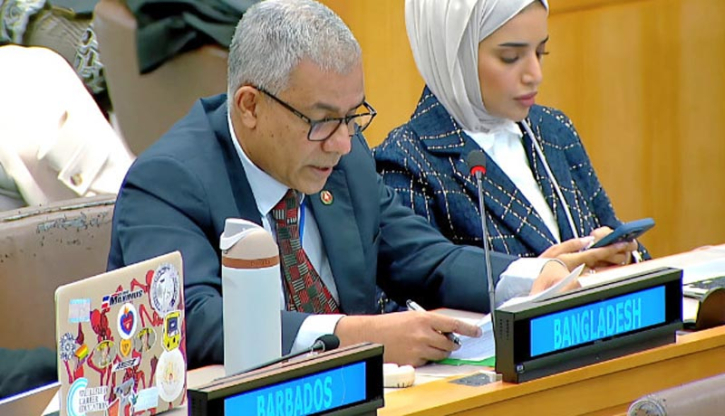
The UN General Assembly’s Third Committee has unanimously adopted a new resolution calling for intensified global efforts to ensure a sustainable solution to the Rohingya crisis.
including the safe, voluntary and dignified return of refugees to Myanmar. The resolution was jointly introduced by the Organisation of Islamic Cooperation (OIC) and the European Union (EU), with support from more than 100 countries.
The text expresses deep alarm over continuing human rights abuses in Myanmar’s Rakhine State and highlights ongoing restrictions that hinder humanitarian access. It urges the international community to remain actively engaged in pressing Myanmar to create conditions conducive to repatriation, including guaranteeing safety, citizenship rights and freedom of movement for the Rohingya.
Following the adoption, Bangladesh thanked member states for the broad support but voiced clear frustration over the lack of concrete progress since the mass displacement began eight years ago. Dhaka stressed that it is increasingly difficult to bear the responsibility of hosting approximately 1.3 million Rohingya refugees without stronger global action, both politically and financially.
Officials said Bangladesh’s resources, environment and host communities are under immense pressure, and renewed their call for urgent international measures to facilitate repatriation and expand meaningful support. Dhaka also urged the UN and major powers to take a more decisive role in holding Myanmar accountable and advancing negotiations that could break the prolonged stalemate.
This year’s resolution builds on previous annual texts addressing the human rights situation of Rohingya Muslims and other minorities in Myanmar, which have consistently been approved without a vote—an indication of wide international consensus. Its adoption comes amid growing warnings from UN agencies that severe funding shortages are threatening essential services in the overcrowded camps in Cox’s Bazar and on Bhasan Char, where food, healthcare and education programs have already faced cuts due to dwindling donor contributions.
Humanitarian groups say the escalating shortfalls risk worsening conditions in the camps and increasing security concerns, making a durable solution more urgent than ever.
.png)



